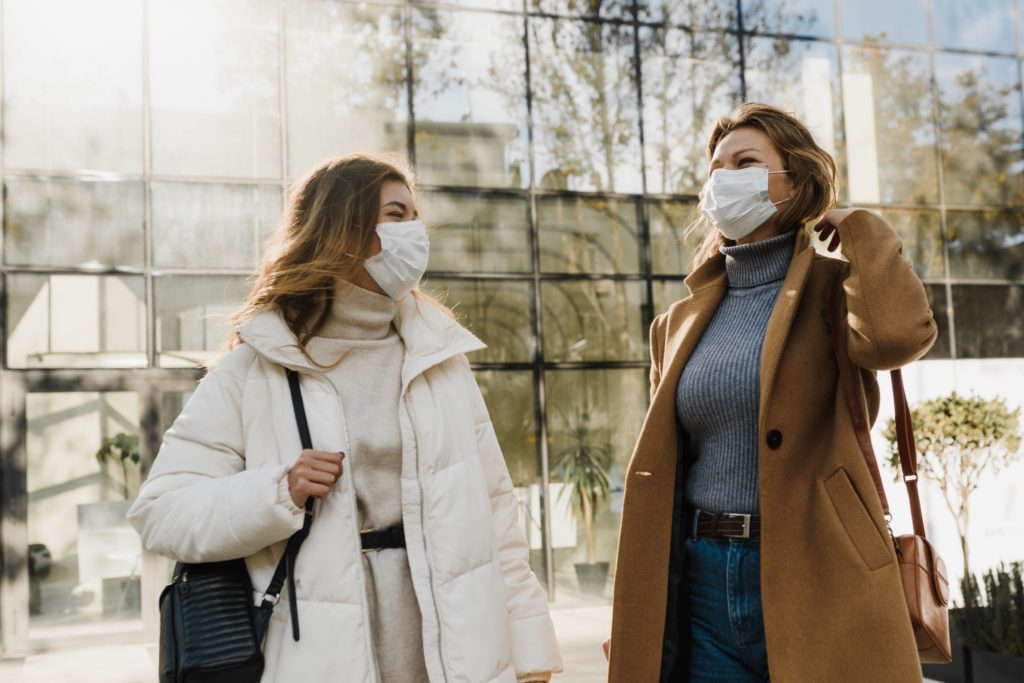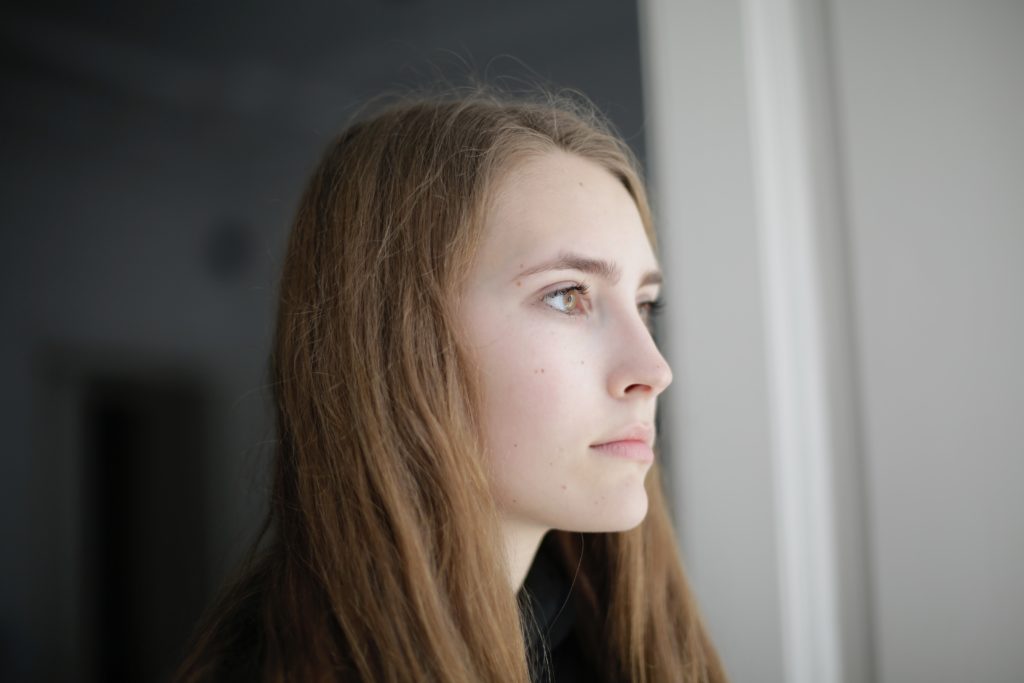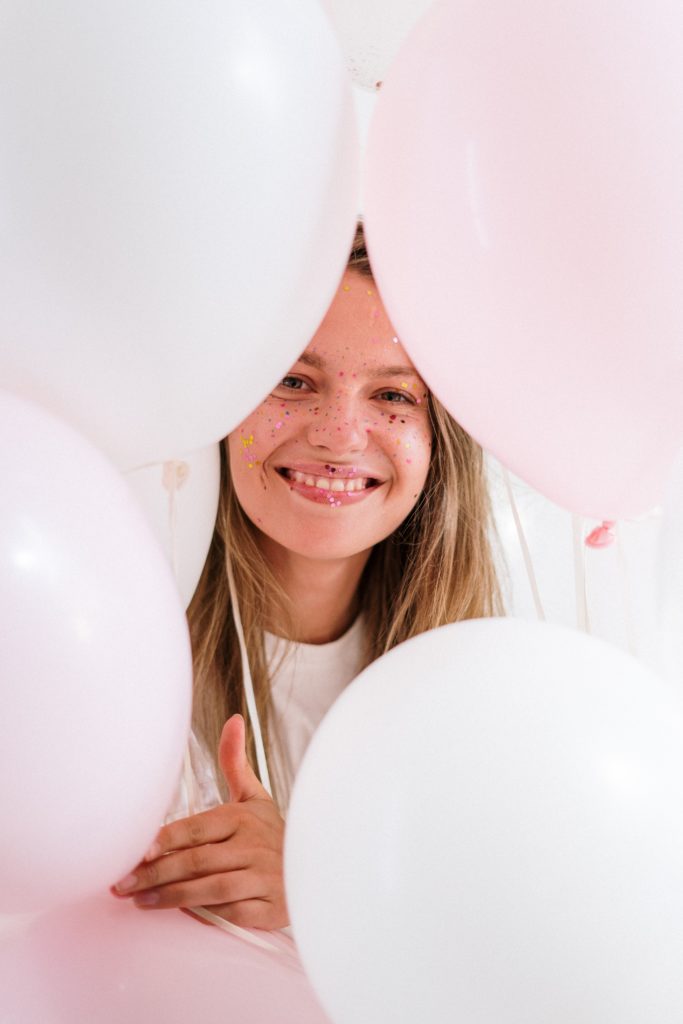HAPPY NEW YEAR! Here’s our hope for you that you’ll find ways to make 2021 a more fulfilling and rewarding year for you and your family.

In the hustle bustle world of daily activity in a non-pandemic world, it can be difficult to find peace and quiet for an hour. That works fine for some people, who soak up quiet and refuel in a quiet atmosphere of solace.
You know who you are. Lovely quiet periods help you refuel, and give you energy to get back out there.
There are also people who draw their energy from being with people, listening to and absorbing their energy. If you’re one of those, it can be really difficult to be stuck at home in silence all the time. Without outside stimulation, your battery can run down dead and flat. Both in your personality and your emotions.
This is true even when there is no pandemic to deal with.
However, in a pandemic it can get more complicated and put more people at risk for depression.
We want to get a handle on what can make life better while we see the pandemic through to its resolution. Right? We do!!
Quarantine can cause isolation if it goes on too long, can’t it?
When a family of 5 is exposed to the COVID-19 virus, and all test positive, they need to quarantine until they’ve been symptom free, according to CDC guidelines. But what can be done to help prevent the isolation that can lead to depression…? Interaction is a big and important step.
Online friendships are lifesavers during this time of isolation and quarantine. Family and friends in your support system can help protect you when discouragement threatens to cause depression.
Here are two stories…about two different friends and how their outcomes compared in isolation vs. quarantine with online support.
First meet Tamara. She’s 19 and was attending community college for her first semester when the COVID-19 pandemic emerged.

About 2 months into the semester, her school was closed and all classes were switched to remote online learning from home. Tamara was relieved at this because it’s natural for her to enjoy solitude, and looked forward to the peace and quiet and the chance to read voraciously without interruption.
But there were some unexpected obstacles for Tamara. For one thing, as much as she loved to read, she struggled with algebra and chemistry. Quite honestly, in those subjects she’d always tried to get involved with study groups to help her grasp what she couldn’t seem to wrap her head around on her own.
While study groups were available online, she didn’t benefit as much. However, she tried, and kept reaching out to various people in the group for help to understand the mysteries of those classes.
So… she put in her time, worked on her assignments, and spent most of her free time reading books she enjoyed.
For the first 3 months, her freedom to enjoy the quiet and read one book after another was an indescribable luxury.
However, because her mom had passed away a few years before this, she didn’t have her to talk to anymore. And talking to her dad didn’t go that smoothly. So she didn’t really have a true support group. Her only sibling was a brother who was in the Air Force, and his life was full. She rarely heard from him.
Long story short, Tamara was alone. Quite alone.
And the natural social interactions that had happened on campus before the pandemic weren’t available anymore.
By the fourth month of the pandemic, she noticed she was losing her desire to have contact with anyone. Online or in person. She wore her mask and used hand sanitizer when she went to the pharmacy or grocery store… But avoided eye contact.
As Tamara moved into the summer months, she found she had far less energy she had before. She didn’t want to leave her apartment. It became harder and harder to go to the mailbox. And she wasn’t really keeping up with friends anymore on facebook, text, or email.
Then someone stopped by and realized Tamara didn’t appear to be cleaning up her place — or even showering. She seemed shut down.
Tamara was embarrassed, but honestly didn’t have the energy to do more than she was doing. She was managing to keep her grades up in most of her classes, though Chemistry seemed a lost cause.
Finally, her dad came by to see her. He wore a mask and so did she, and they sat across the living room and tried to talk. Seeing her like this alarmed him. Dishes piled high in the sink, her own hygiene seemed to have lapsed…this wasn’t the Tamara he knew.
And he realized she was missing the support system that can protect against the threats of isolation and depression.
So he asked her to let him help by getting her a telepsychiatry appointment. That was actually a good solution, so she wouldn’t have to see anyone face to face…
Now, meet Carolina. Carolina is 20, and knew Tamara in high school. They’d ended up at the same community college, but had not run into each other before classes closed for COVID-19.

Even though Carolina also enjoys solace, she has a nice group of friends to study with, and talk on her phone and text with. So even though she, too, has been home with remote online learning since a couple months after the semester started, she also has friends she talks to.
She doesn’t see them face to face, but they talk on FaceTime and Skype, as well as Marco Polo just so they can have live interaction. Carolina also lives at home with her family. Her parents are both working remotely from home, and her sister and three brothers are all learning remotely online.
So, in spite of not seeing much of friends or relatives face to face, they meet up on Zoom, have a party, talk about their friends and their classes, music and the food they have delivered to their houses. What’s tasty and what isn’t.
If one of them is exposed to COVID-19 and then tests positive, they all gather online to encourage and offer suggestions for managing it.
The truth of it is that Carolina and her friends really haven’t struggled that much with feelings of depression. Maybe because they keep each other so engaged in daily living. Somebody in the group always has a story to tell. All in all they offer each other a strong support system can protect against the damage that comes from too much isolation.
Maybe it’s because their long term friendships have kept them all feeling more supported, resilient, and less vulnerable.
It’s true that too much isolation can lead to depression symptoms in some people. And as we move into 2021, it’s a good idea to embrace the new year with a willingness to reach out to those who seem to lack support.

A really good idea.
Everyone around you needs a support system right now. Some have it, others don’t really. But you can help with that online.
And there are also those who have been suffering under the weight of depression for a long time, and nothing has helped. Those who are sick and tired of feeling so hopeless, despondent, alienated, and drained.
IV Ketamine Treatment Opens Doors of Hope
For those, there is further hope in IV ketamine treatment. A series of 6 or maybe 8 infusions spread over a few short weeks, and expertly titrated to ensure you get the dose that’s right for you. Ketamine has blown the doors off depression treatment in the last ten years and especially the last 5. It’s reputation has grown from skeptical to celebrated in that time. Why?
Because ketamine treatment does so much. In the brain-derived-neurotrophic-factor, the lateral habenula, the synapses, the G proteins heaped up on lipid rafts, the AMPA receptors and signals flying at high speed around your brain. For so many, ketamine can work so much better than the medications, therapy and treatments they have tried. It targets areas that were otherwise ignored before this.
IV ketamine treatment can be extraordinary in its effectiveness to help you achieve remission.
At Innovative Psychiatry, we’ve been so encouraged by the help ketamine offers that we’ve dedicated a section of our office for treating those who need to receive this breakthrough treatment. We’ve also responded to the concerns caused by COVID-19 by installing and using specialized technology that keeps the air and surfaces free of the virus that causes COVID-19, as well as the other viruses, bacteria, and molds that can threaten your health.
While we’re not attempting to conquer the entire pandemic we are busily at work to help you get better, free of depression symptoms, in an environment where you feel — and are — safe.
In spite of all the other challenges in the world, you can take them in hand best if you’re at your best. It helps so much if you’re strong, functioning, and creative to embrace today’s challenges. You need to be the best you, you can be. And a strong support system can protect you and help you build the resilience you need.
We’re here to help with that, and to get you off to a much better start for the year.
If you’ve been suffering, trudging, and feeling overwhelmed by daily living… if nothing much has helped, call us.
We believe in what you can accomplish without depression symptoms holding you back.

To the restoration of your best self,
